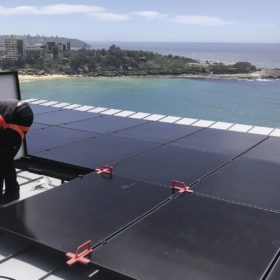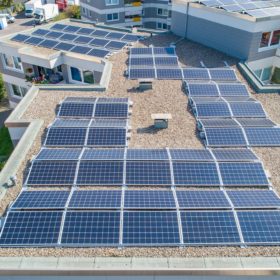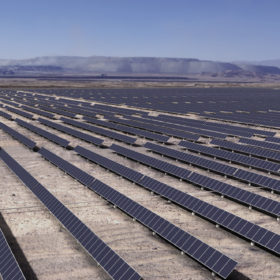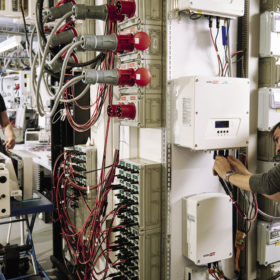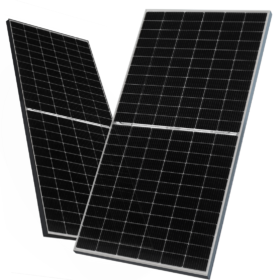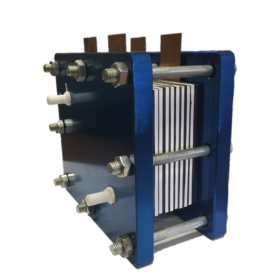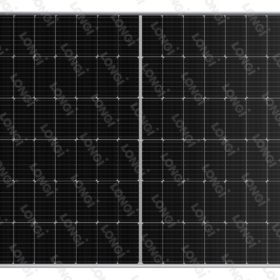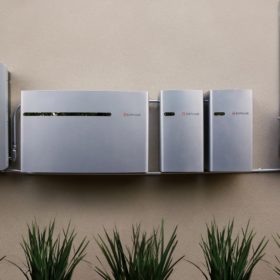Rooftop solar price to keep rising this year
British analyst GlobalData has predicted residential and commercial rooftop panels will not return to a declining price trend until next year, with post-Covid logistics headaches the cause, rather than a polysilicon shortage.
Brazilian telecommunications giant Intelbras enters solar business with acquisition of Renovigi
Renovigi is Brazil’s second-largest system integrator and PV product distributor. The company currently operates two production units, in Itajaí, in the state of Santa Catarina; and in Louveira, in São Paulo, where it integrates complete photovoltaic systems which are then distributed among its more-than-9,000 accredited installers.
Chile launches 5.25GWh renewable energy auction
The Chilean energy regulator has launched an auction to supply electricity to the national system over a period of 15 years from 2027. The final results will be announced in the summer.
SolarEdge reports record-breaking revenue
With comparisons with a Covid-hit 2020 inevitably offering a string of positive numbers, there was also little to concern the board of the inverter and battery manufacturer from the returns generated in the last quarter.
TOPCon solar modules in MENA
In a short chat with pv magazine, Mohamed Saady Dweik, the head of technical services and product management for the MENA region at JinkoSolar, spoke about the potential of TOPCon tech in the Middle East and North Africa region. According to him, the global demand for TOPCon products may exceed that of PERC panels within three years.
Viologen redox flow battery for renewables storage
Conceived for the storage of residential and large scale renewable energy, the device has a rated power of over 150mW/cm2, an energy density exceeding 40Wh/L, and a power density of 72.5mW/cm2. The battery was built with an anode made of inexpensive viologen and its cost, according to its creators, may be lower than $100/kWh.
Longi unveils 415W solar panel with 21.25% efficiency
The new product is mainly intended for use in commercial and industrial solar projects. It has a size of less than 2m² and features a short-circuit current below 15A.
Australian lithium-ion battery blaze sparks safety concerns
A weekend fire caused by a lithium-ion home battery system in Adelaide, Australia, has prompted the authorities to urge solar and battery owners to be vigilant about system maintenance.
Enphase batteries to be used in US virtual power plants
Microinverter provider Enphase has signed a deal with Swell Energy to participate in distributed virtual power plants in California, New York and Hawaii.
UK to move to annual renewables auctions from next year
With solar readmitted to the process for subsidizing new renewable energy generation capacity, the government says it is “hitting the accelerator” on clean power as it aims for a fully decarbonized electricity system by 2035.
